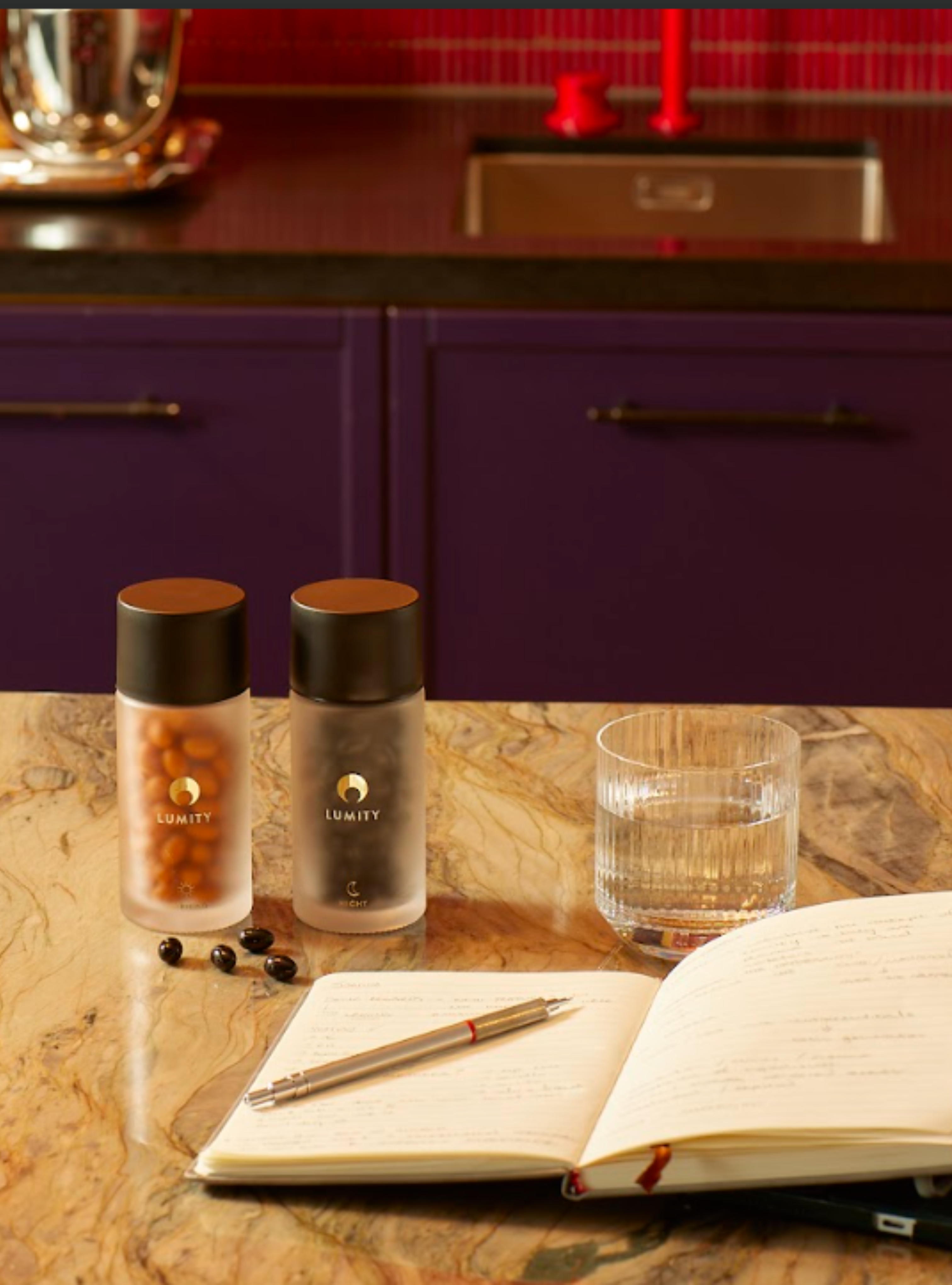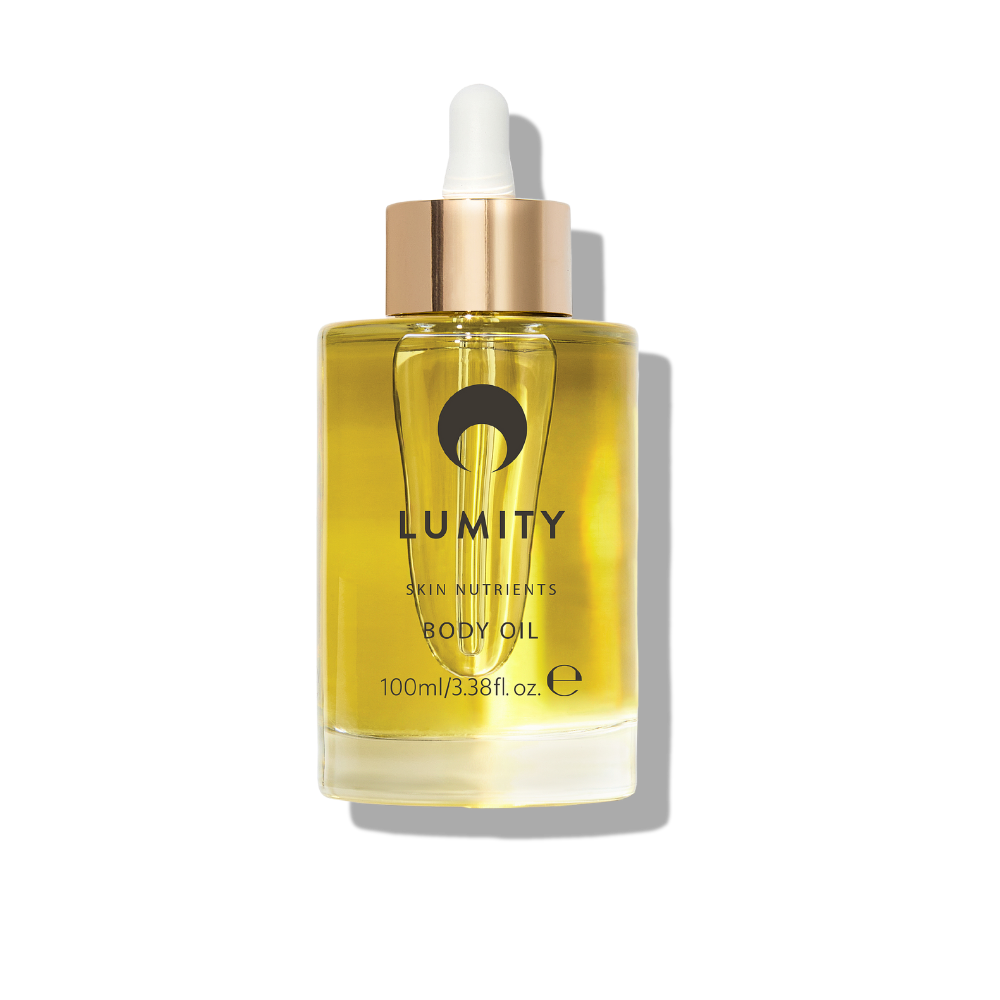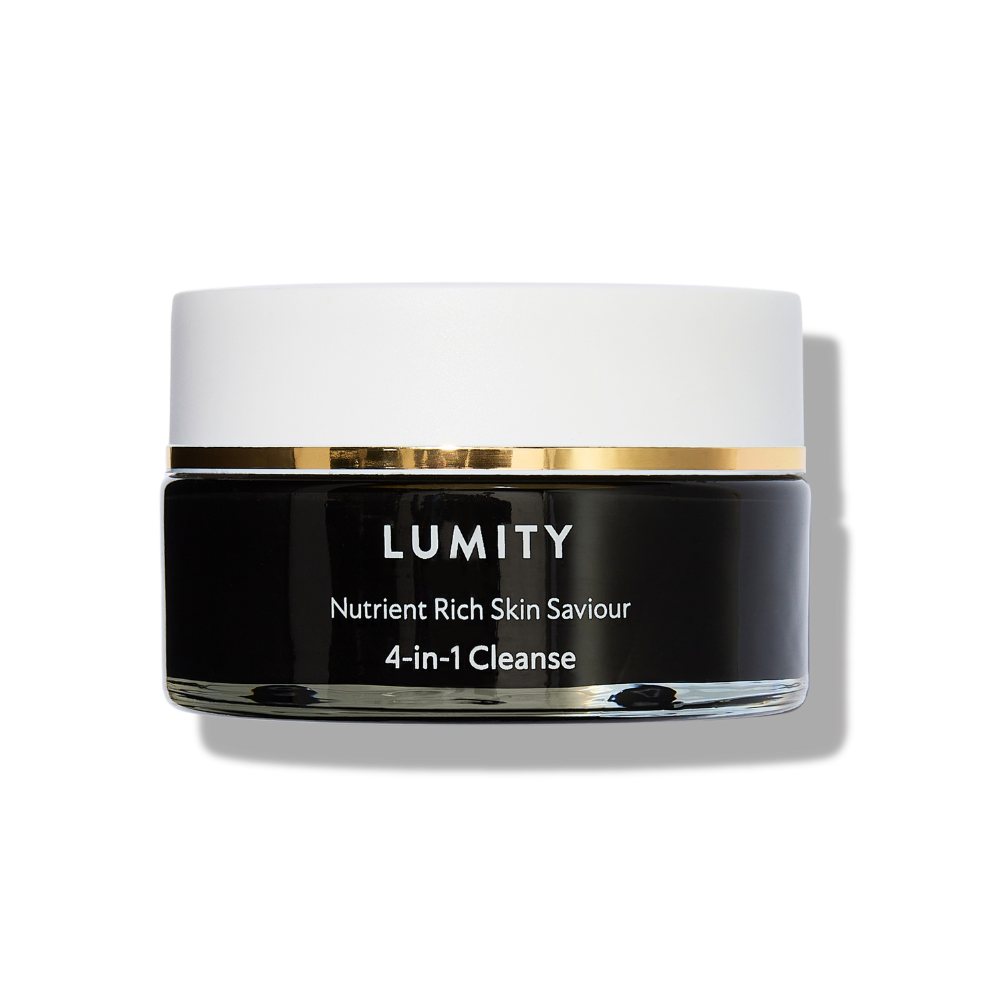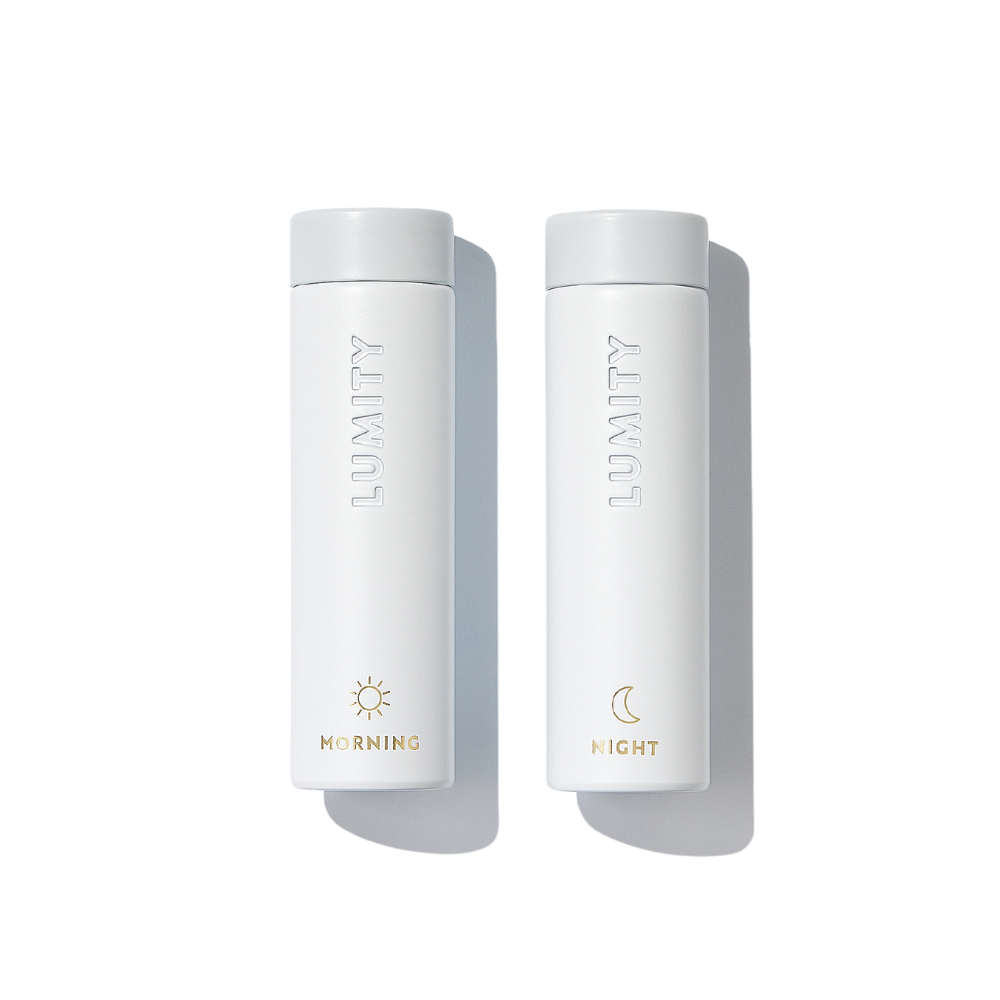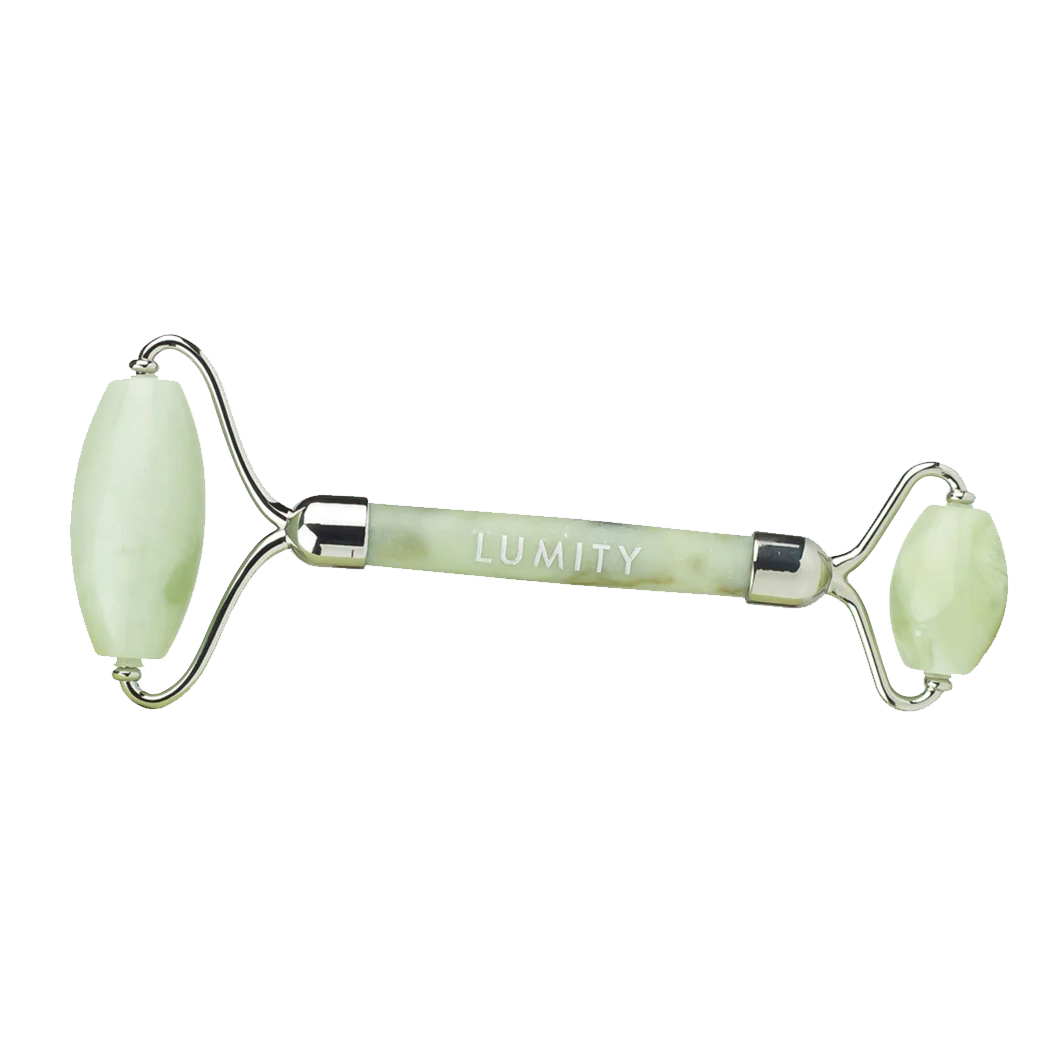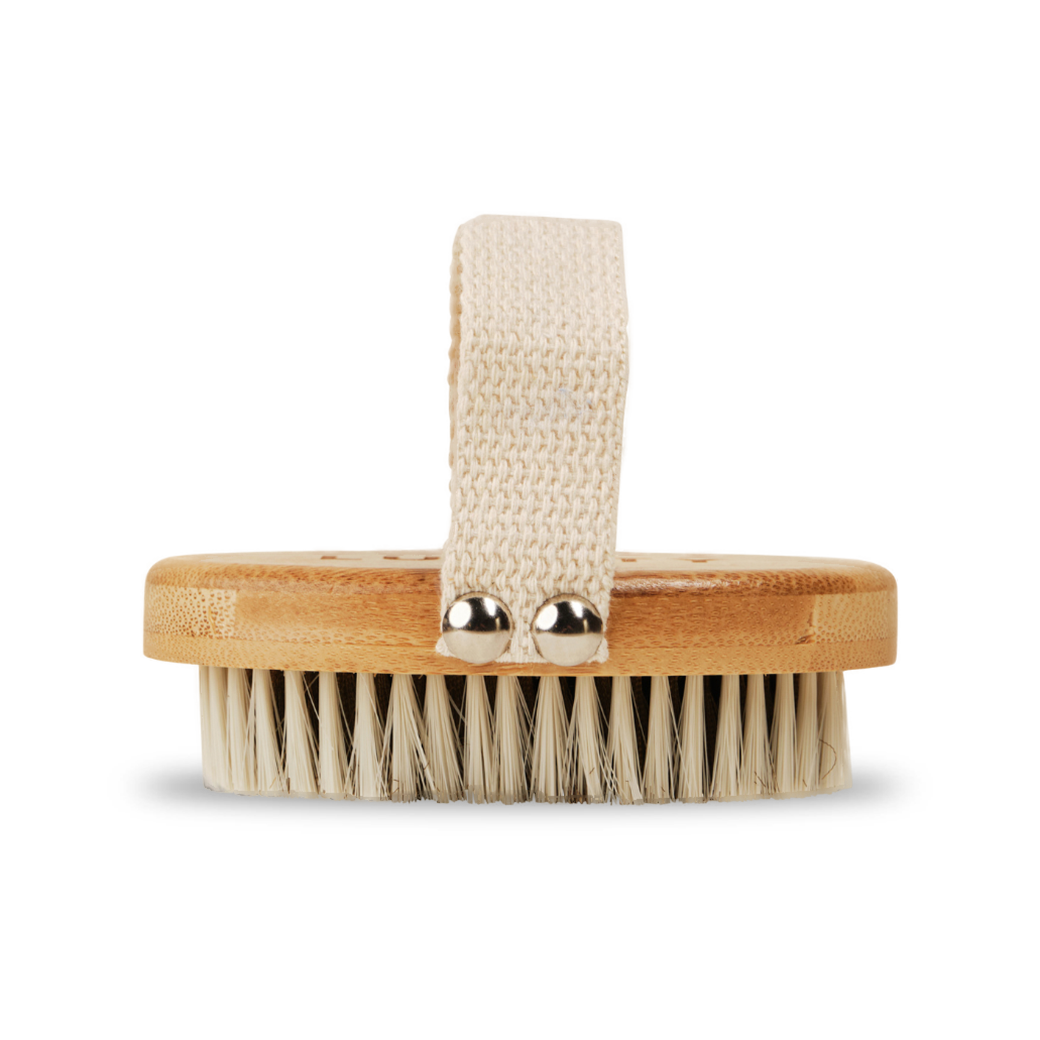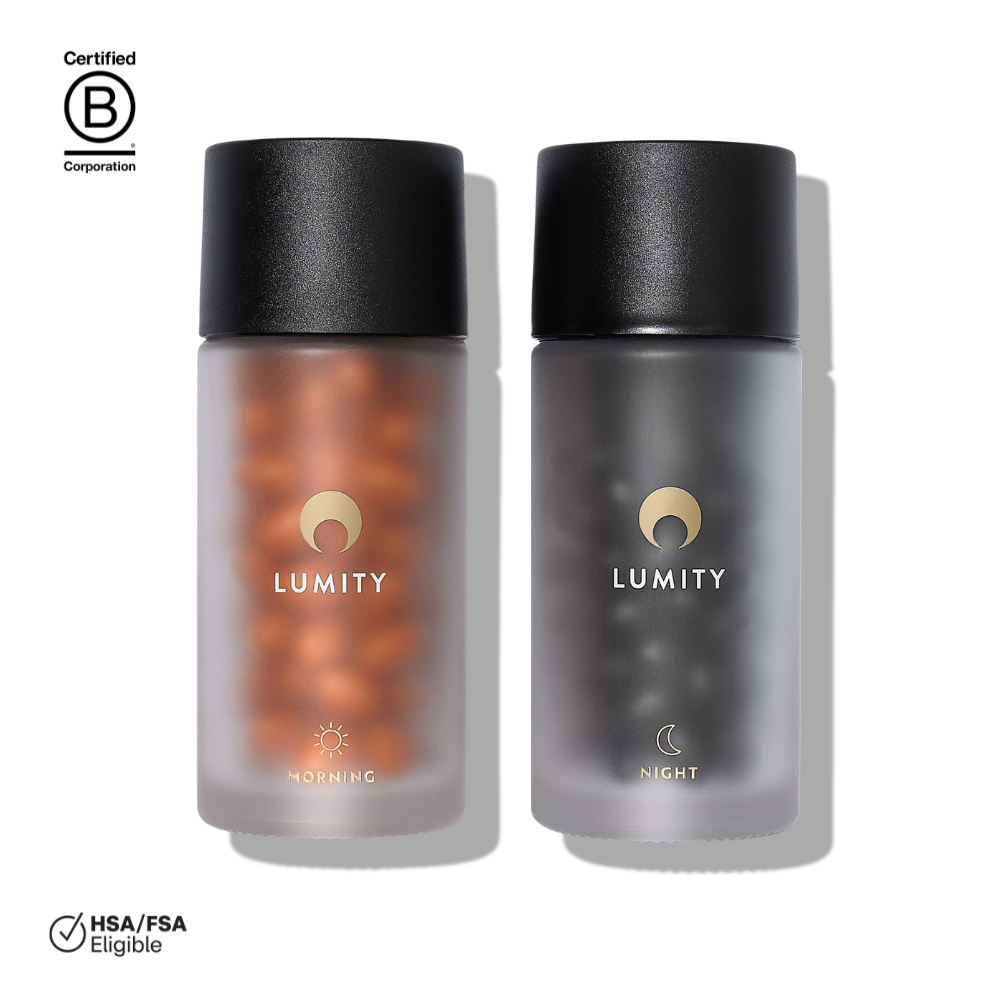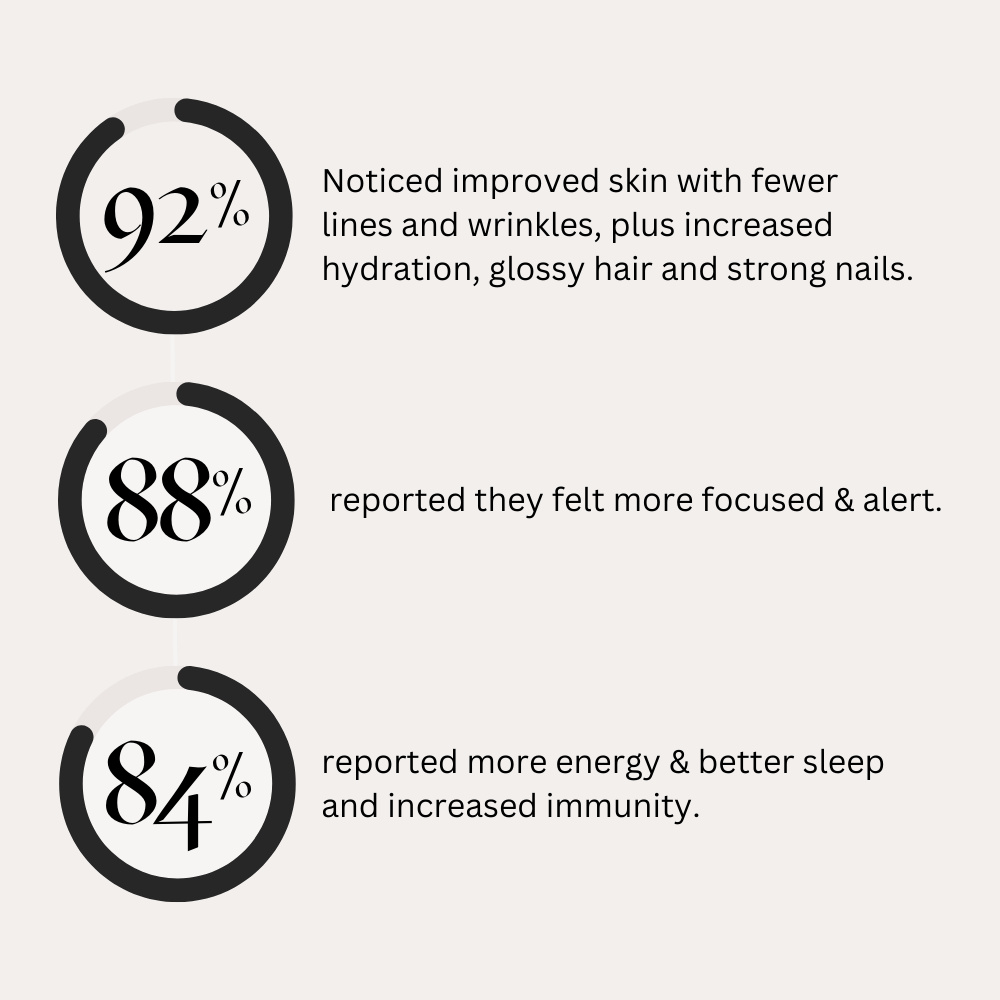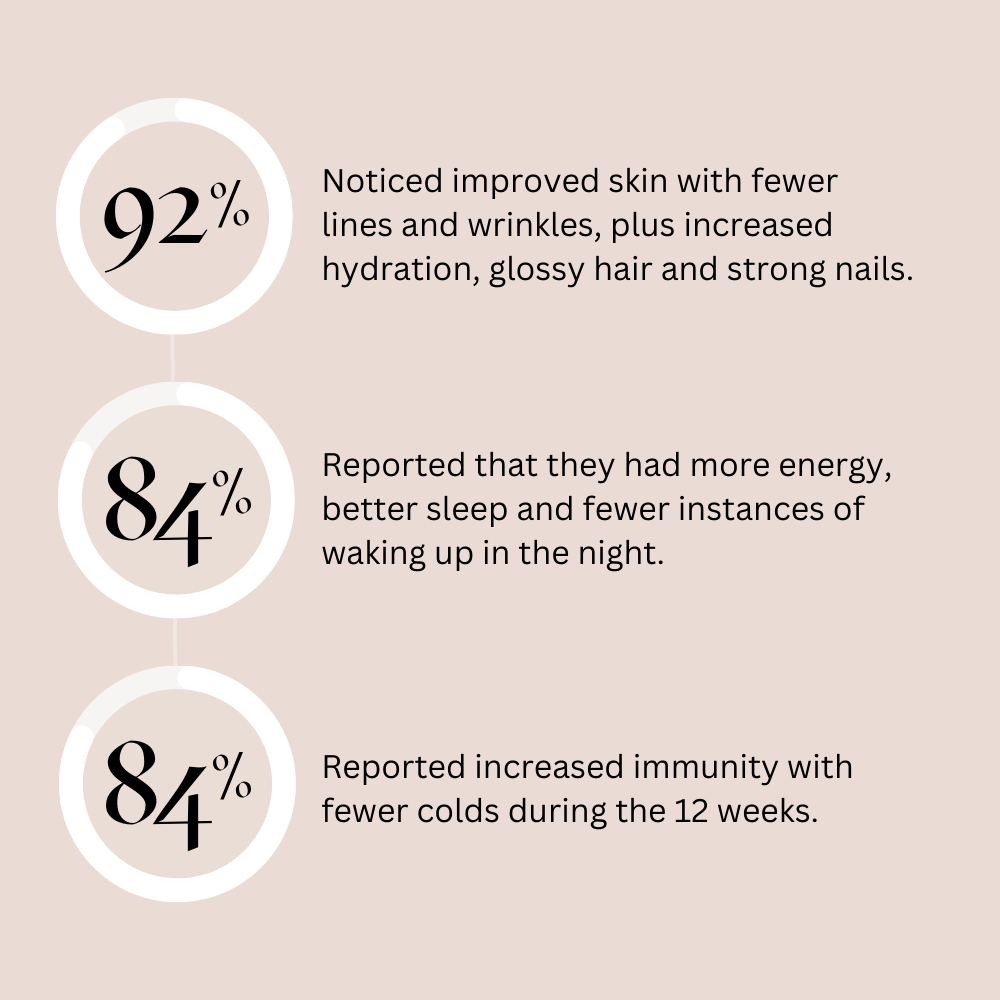20th JUNE 2023
How Sleep Changes As We Age
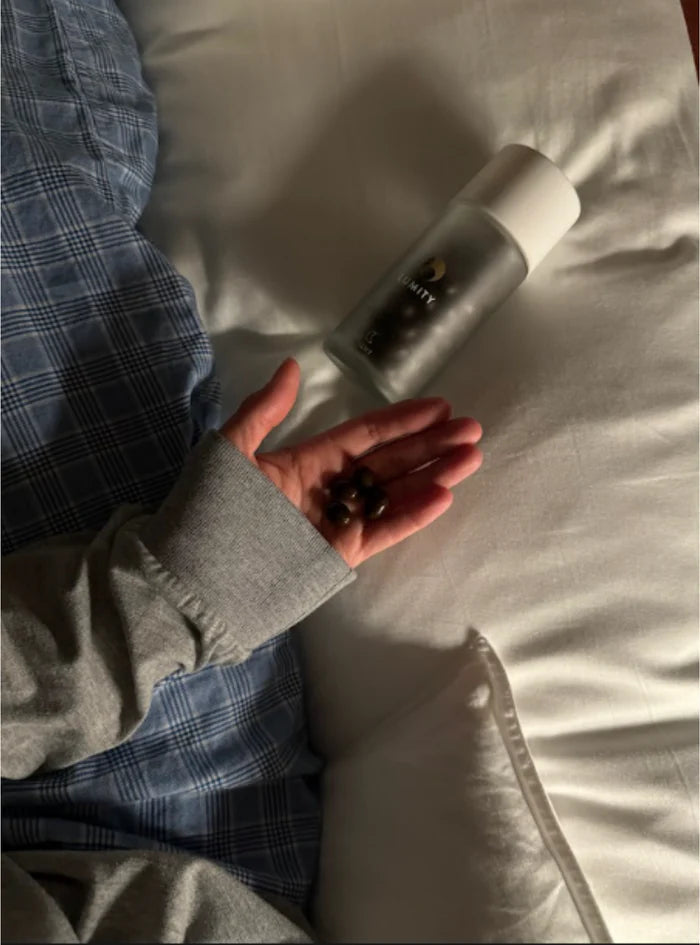
Why does our sleep architecture change as we age & how can we improve it?
Oh, the joys of ageing!
As we age, our sleep patterns tend to change, and it's not uncommon to experience difficulty falling and staying asleep. These changes in sleep patterns can have a significant impact on our overall health and well-being, so it's important to understand why they occur and what can be done to improve sleep as we age.
One of the main reasons for changes in sleep patterns as we age is due to changes in our circadian rhythm. The circadian rhythm is the internal biological clock that regulates the sleep-wake cycle. As we age, the circadian rhythm can become less regular and less responsive to external cues, such as light and temperature. This can make it more difficult to fall asleep and stay asleep.
Another reason for changes in sleep patterns as we age is due to changes in our sleep architecture. Sleep architecture refers to the different stages of sleep that we go through during the night. As we age, the amount of time spent in deep sleep (also known as slow-wave sleep) decreases, while the amount of time spent in light sleep increases. This can lead to more frequent awakenings during the night and a decrease in overall sleep quality.
As is often the case, change in hormones also plays a role in why our sleep habits change as we get older.
Levels of certain hormones such as melatonin and progesterone decrease which can affect the sleep-wake cycle. Melatonin, also known as the "sleep hormone," plays a critical role in regulating our sleep-wake cycle by signalling to the body that it's time to sleep. As we age, the body's natural production of melatonin decreases, making it more difficult to fall asleep and stay asleep.
Progesterone is a hormone that helps to promote deep sleep. As we age, the levels of progesterone decrease, which can lead to a reduction in deep sleep, resulting in more frequent awakenings during the night and a decrease in overall sleep quality. Additionally, as women reach menopause, the decrease of oestrogen and progesterone can affect the sleep quality and insomnia symptoms.
Lumity's Sleep Essentials
So, what can be done to improve sleep as we age?
One of the most effective ways to improve sleep is to practice good sleep hygiene. This includes:
- Maintaining a regular sleep schedule (even at the weekends).
- Avoiding caffeine and alcohol close to bedtime (not after 2pm ideally).
- Creating a comfortable and relaxing sleep environment.
- Engaging in regular physical activity (but not too close to bedtime).
- Avoiding naps during the day (as tempting as it may be).
- Using natural supplements like magnesium or holy basil can also help to -improve sleep (Discover our Restful Night supplement here).
- Encouraging melatonin synthesis by getting sunlight in the morning and reducing light exposure in the evenings - try to use lamps instead of overhead lights and reduce tech use.
Give some of the above sleep hygiene techniques a go and see if you can get a more restful night sleep!
Contributing nutritionist Alicia Cooper – DIP-NT, mBANT, CNHC
